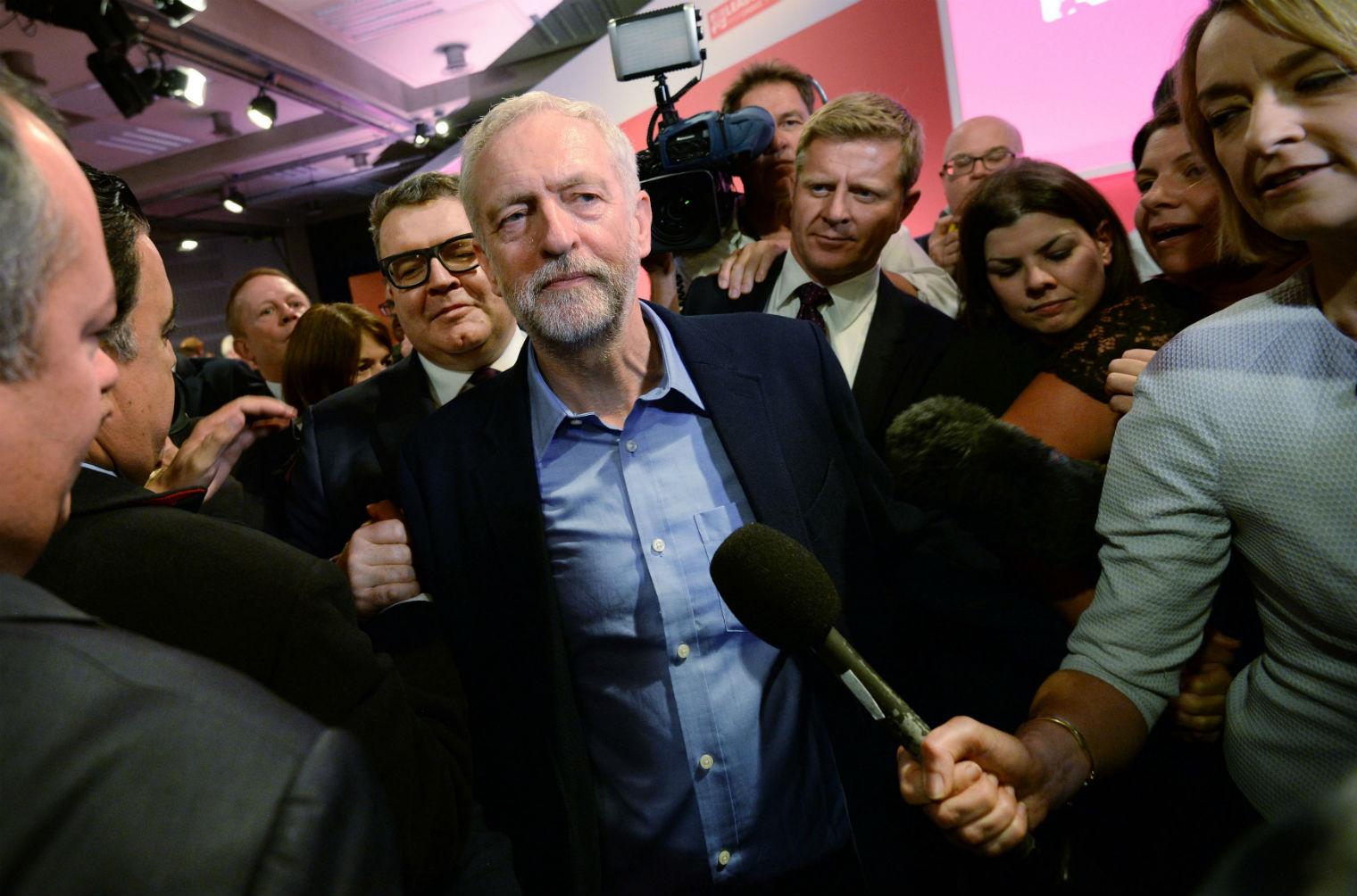Jeremy Corbyn ex-wife reveals she voted for Owen Smith in Labour leadership election
Professor Jane Chapman suggests her ex-husband lacks the qualities to be a successful Labour Leader

Your support helps us to tell the story
From reproductive rights to climate change to Big Tech, The Independent is on the ground when the story is developing. Whether it's investigating the financials of Elon Musk's pro-Trump PAC or producing our latest documentary, 'The A Word', which shines a light on the American women fighting for reproductive rights, we know how important it is to parse out the facts from the messaging.
At such a critical moment in US history, we need reporters on the ground. Your donation allows us to keep sending journalists to speak to both sides of the story.
The Independent is trusted by Americans across the entire political spectrum. And unlike many other quality news outlets, we choose not to lock Americans out of our reporting and analysis with paywalls. We believe quality journalism should be available to everyone, paid for by those who can afford it.
Your support makes all the difference.Jeremy Corbyn's ex-wife has revealed she voted for rival Owen Smith in the Labour leadership contest because she believes her ex-husband lacks the skills, felxibility and media savvy to do the job.
Jane Chapman became Mr Corbyn's first wife after they married in 1974. Despite supporting his successful bid in 2015, she claimed to have been "saddened and really upset" by his performance since and now cannot back him for leader.
The professor in communications went on to say that the longer he takes to get to grips with his job, the more Labour will lose in the polls, and then questioned whether his '1970s politics' were suitable for the 21st Century
Prof Chapman divorced Mr Corbyn five years after marrying him at age 25. Both had just been elected as Labour councillors for Haringey, London.
The University of Lincoln academic said: "I voted for Owen Smith. Last time I voted for Jeremy out of personal loyalty, but I've been so saddened and really upset...it's been such a painful sideshow this last year that I just feel that Owen's policies are also radical and that's good.
"So I dont think there's much difference in policies, but there's more difference in felxibility, media ability, because remember I'm a professor of communications now, so I look at media performance very critically, rightly or wrongly.
"The ability to unite the party and to have a longer term post-Brexit vision, I think that's something that's been missing."
Speaking to BBC radio she explained that it was not a question of his policies, but of leadership and "inspiring the parliamentary party to work with him in ways that are effective."
Discussing his expereince, she said: "Jeremy never had a chairmanship of a select committee, despite the fact he's been in the House of Commons a very long time.
"He never had local authority leadership, only at the sub-committee panel level, and he's never had trade union leadership...and he's never had outside expereince in industry, or third sector, or anything like that."
Pointing out that there is a necessary managerial skills set that every leader should have, she went on: "He could develop it, but it's been a bit slow and it's been a bit chaotic and I think we are running out of time.
"The longer he takes to devlop it, and his team, the more Labour is losing in the polls, that's the reality of it."
Prof Chapman said Mr Corbyn is "totally committed, totally principled", and had been for the whole of the time that she had known him.
But she went on: "One of the things about Jeremy is he hasn't actually changed that much politically.
"Now, that is what a lot of people admire. But that begs the question, are the politics of the 1970s relevant to the 21st century and to post-Brexit Britain."
Join our commenting forum
Join thought-provoking conversations, follow other Independent readers and see their replies
Comments